It is reported this morning that one of Liz Truss’s first acts as prime minister, assuming she wins the Conservative party leadership election, will be to grant new licences for North Sea oil and gas extraction. But will it be enough – and quick enough – to alleviate the energy crisis?
There are still substantial known oil and gas reserves in the North Sea left to be exploited. According to a report produced by the Oil and Gas Authority last September, known reserves of oil and gas in the North Sea at the end of 2020 amounted to 4.4 billion barrels of oil equivalent (BOE). This is just a tenth of the 45.9 billion BOE which have already been extracted.
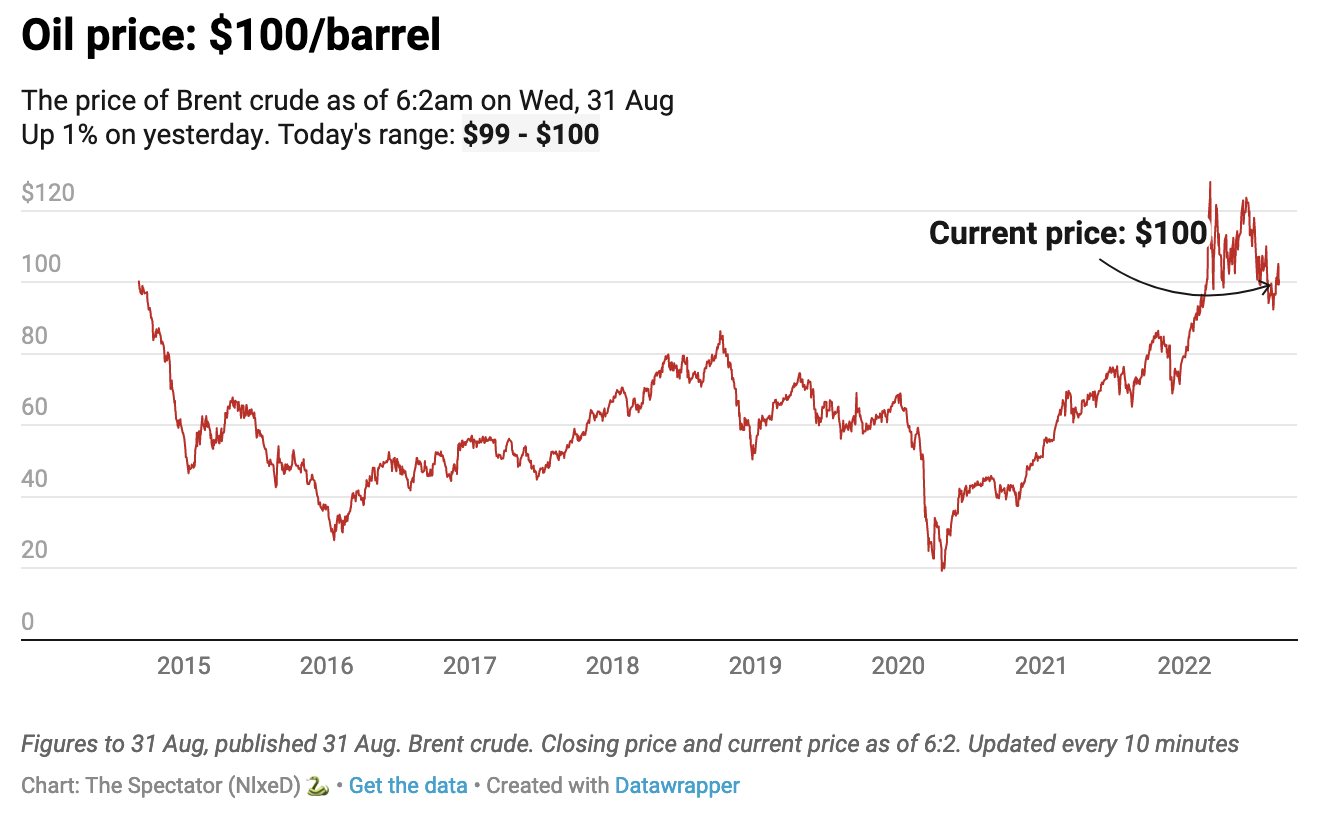
However, that ignores that exploration for oil is an ongoing business. According to the Oil and Gas Authority’s Vision 2035 (published 2017), and taking into account future exploration, 14.9 billion BOE could potentially be extracted between now and 2035. The figures in Vision 2035 were based on an assumption of an oil price of $60 per barrel of oil and 55 pence per thermal unit of gas. At current prices, it should be economic to continue production in the North Sea along the lines envisaged by the Oil and Gas Authority. The industry has much-reduced costs since the oil slump of 2014.
But how quickly can production be stepped up? Offshore Energies UK, the trade body for the industry, recently claimed that gas production in the first half of 2022 was 26 per cent higher than in the same period in 2021. This was taken as a sign that the industry is capable of quickly stepping up production to meet demand.
Yet this only tells half the story. While gas production is up, it is mostly just rebounding from very low levels in 2021, when maintenance work took out a lot of the pipeline system and caused gas production to fall by 17 per cent compared with 2020. Production of gas is now 70 per cent less than it was at its peak in 2000. With demand for gas rising as the economy recovered from Covid, net imports of gas rose by 30 per cent in 2021.
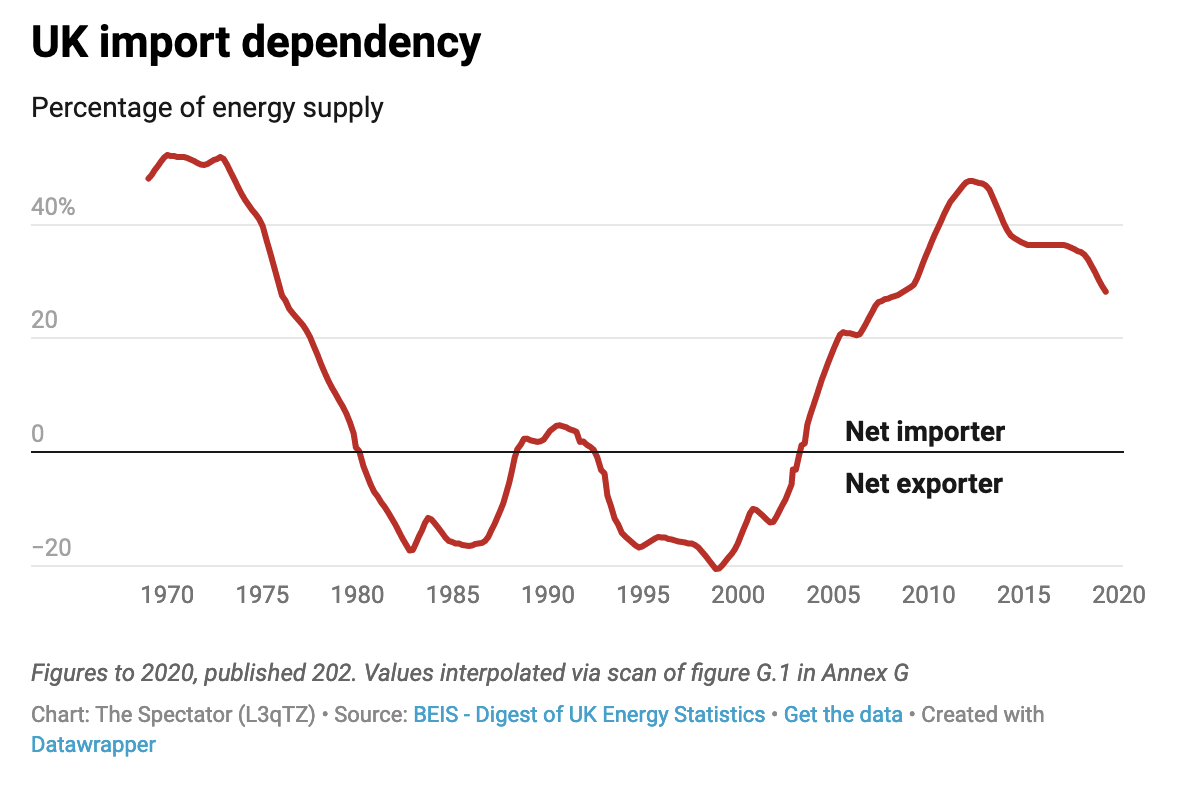
Higher prices, as always, will spur greater production in the North Sea. However, there is a limit to how much can be squeezed out of existing infrastructure. Trouble is that exploration for new reserves has stalled. The last round of licences for exploration was in 2019. The latest year for which figures are available showed that known reserves actually fell during 2020 by 0.8 billion BOE – i.e. more oil and gas was extracted than new oil and gas was discovered. If the UK’s oil and gas industry is going to deliver a sustained rise in production it is first going to have to reverse the reduction in exploration.
In recent years, government policy on the North Sea has been one of managed decline. The rebranding of the Oil and Gas Authority, which from March has been known as the North Sea Transition Authority, says it all. If Liz Truss is to increase production she will have to abandon the assumption in Whitehall that the North Sea is really just there to be wound down.
Got something to add? Join the discussion and comment below.
Get 10 issues for just $10
Subscribe to The Spectator Australia today for the next 10 magazine issues, plus full online access, for just $10.


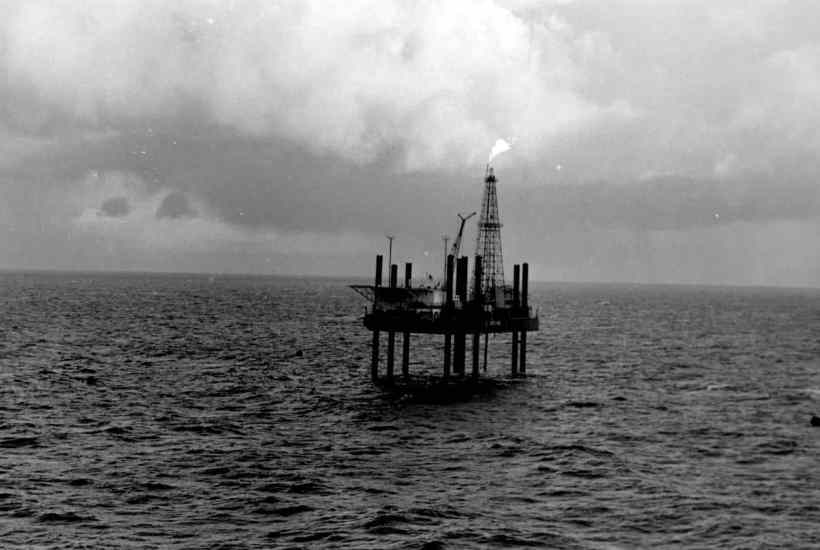


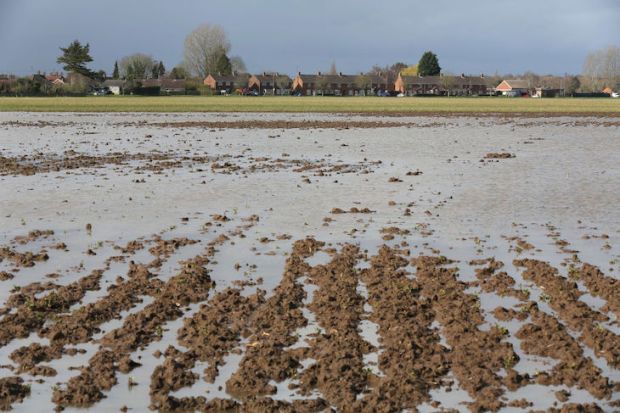
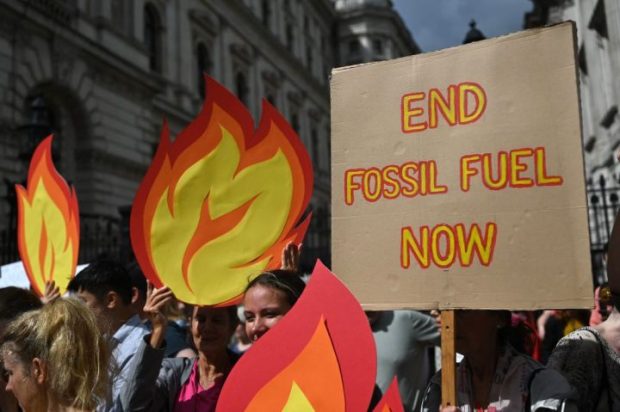
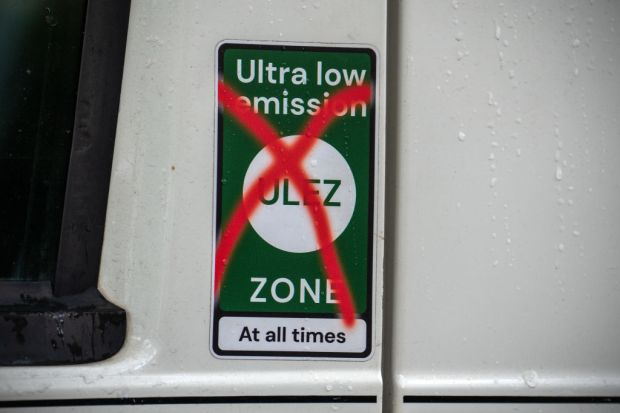













Comments
Don't miss out
Join the conversation with other Spectator Australia readers. Subscribe to leave a comment.
SUBSCRIBEAlready a subscriber? Log in